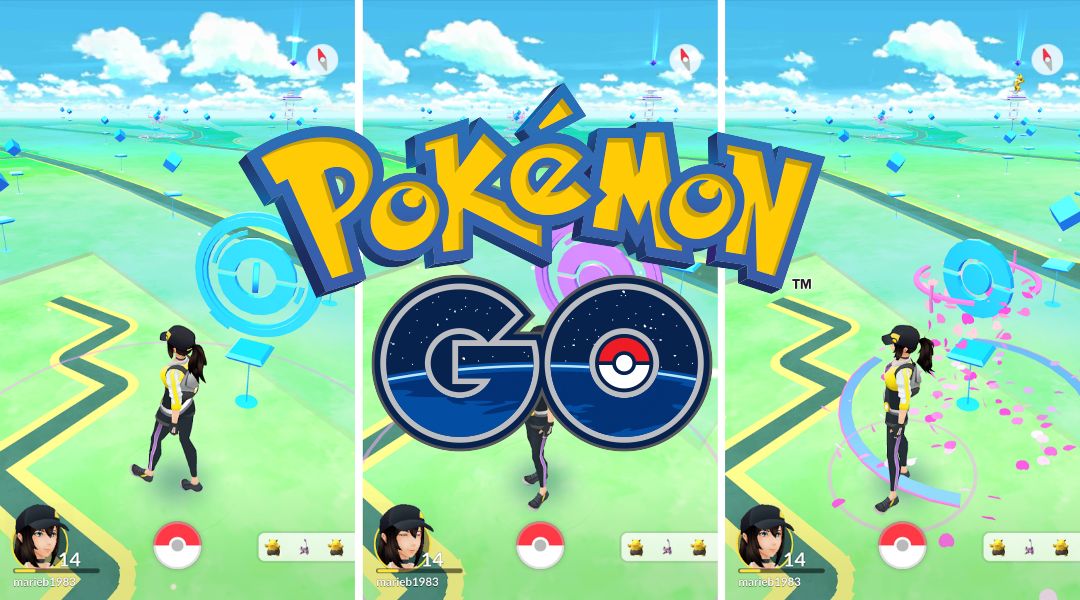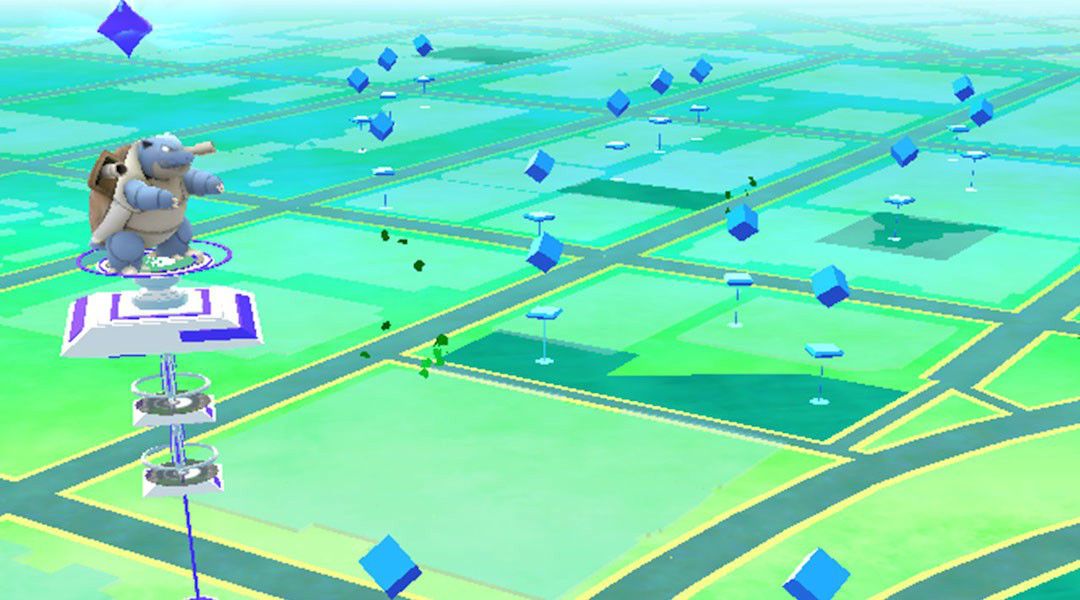The popularity of Pokemon GO has been unbridled for some time but so has a myriad of issues arising as a result of the mobile nature of this ARG. This has led to people getting hurt, wrecking vehicles, and trespassing on property, with the latter quickly becoming a class action lawsuit following the consolidation of a number of nuisance lawsuits. Now, developer Niantic has agreed to settle, with the company having to conform to a number of new mandates.
At the core of this lawsuit is the definition of trespassing in the digital age, with this settlement making Niantic much more responsible for the virtual creatures and where they appear in the real world. It arose because of a number of homeowners finding players on their property, residents of a condo finding players scattered across the beach, and many other related Pokemon GO stories.
This forced the question as to whether or not the Pokemon GO developer was responsible for players' trespassing because Pokemon were appearing on private property without consent. There is also the question of whether or not the mobile device owners were solely responsible, given that these players made the choice to trespass in pursuit of the digital Pokemon, or if Niantic was doing all it could as far as preventive measures were involved.
The terms of the settlement require Niantic to conform to all of the following:
- Niantic will make efforts to remove PokeStops or Gyms within 15 days of a complaint of nuisance or trespass.
- Single-family residential properties get rights of removals up to 40 meters.
- Niantic will maintain a database of complaints as a way to place PokeStops better in the future.
- Much like the driving warning, a congregation of 10 or more players will result in an in-game warning to be courteous and respectful of surroundings.
- User Reviews and Google Maps are also being used to mitigate any potential problems.
- A mechanism will be placed so that a public park's hours of operation can be kept up.
- Niantic will have a mandatory audit compliance with obligations during a three-year period.
Lastly, it also seems that the named plaintiffs will be asking for $1,000 service awards apiece, with everyone else getting the requested mitigation measures. Pomerantz, the law firm that has worked on this case for the past three years, will also be seeking $8 million in fees and $130,000 in expenses, as the law firm has spent in excess of 2,500 hours on this particular Pokemon GO case. These terms are currently awaiting review by a federal judge but are generally expected to be approved.
Pokemon GO is available now in select regions for Android and iOS devices.
Source: Lawsuit Settlement Motion (via The Hollywood Reporter)


